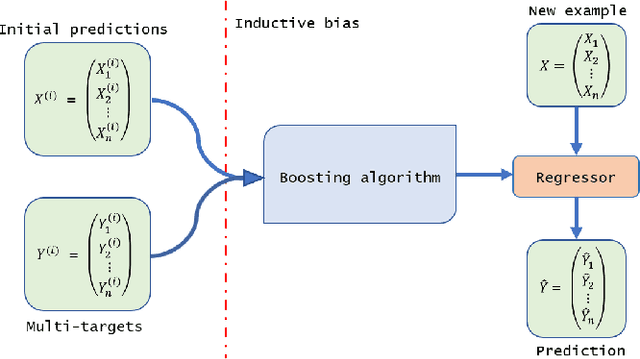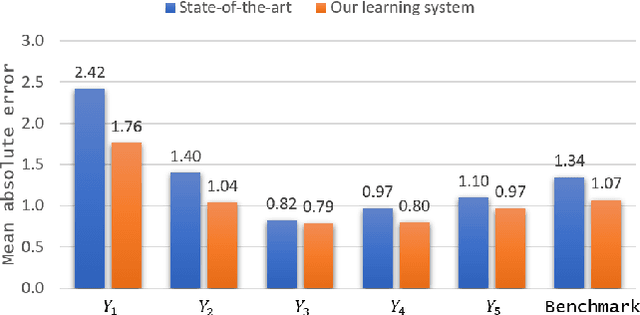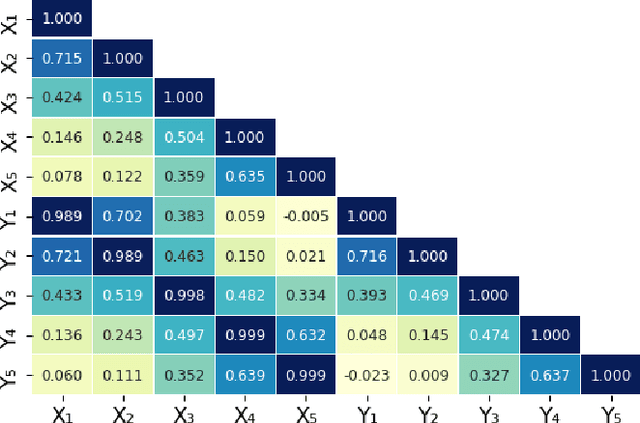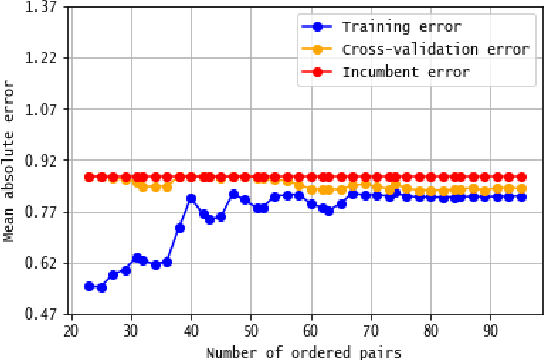Boosting on the shoulders of giants in quantum device calibration
Paper and Code
May 13, 2020



Traditional machine learning applications, such as optical character recognition, arose from the inability to explicitly program a computer to perform a routine task. In this context, learning algorithms usually derive a model exclusively from the evidence present in a massive dataset. Yet in some scientific disciplines, obtaining an abundance of data is an impractical luxury, however; there is an explicit model of the domain based upon previous scientific discoveries. Here we introduce a new approach to machine learning that is able to leverage prior scientific discoveries in order to improve generalizability over a scientific model. We show its efficacy in predicting the entire energy spectrum of a Hamiltonian on a superconducting quantum device, a key task in present quantum computer calibration. Our accuracy surpasses the current state-of-the-art by over $20\%.$ Our approach thus demonstrates how artificial intelligence can be further enhanced by "standing on the shoulders of giants."
 Add to Chrome
Add to Chrome Add to Firefox
Add to Firefox Add to Edge
Add to Edge